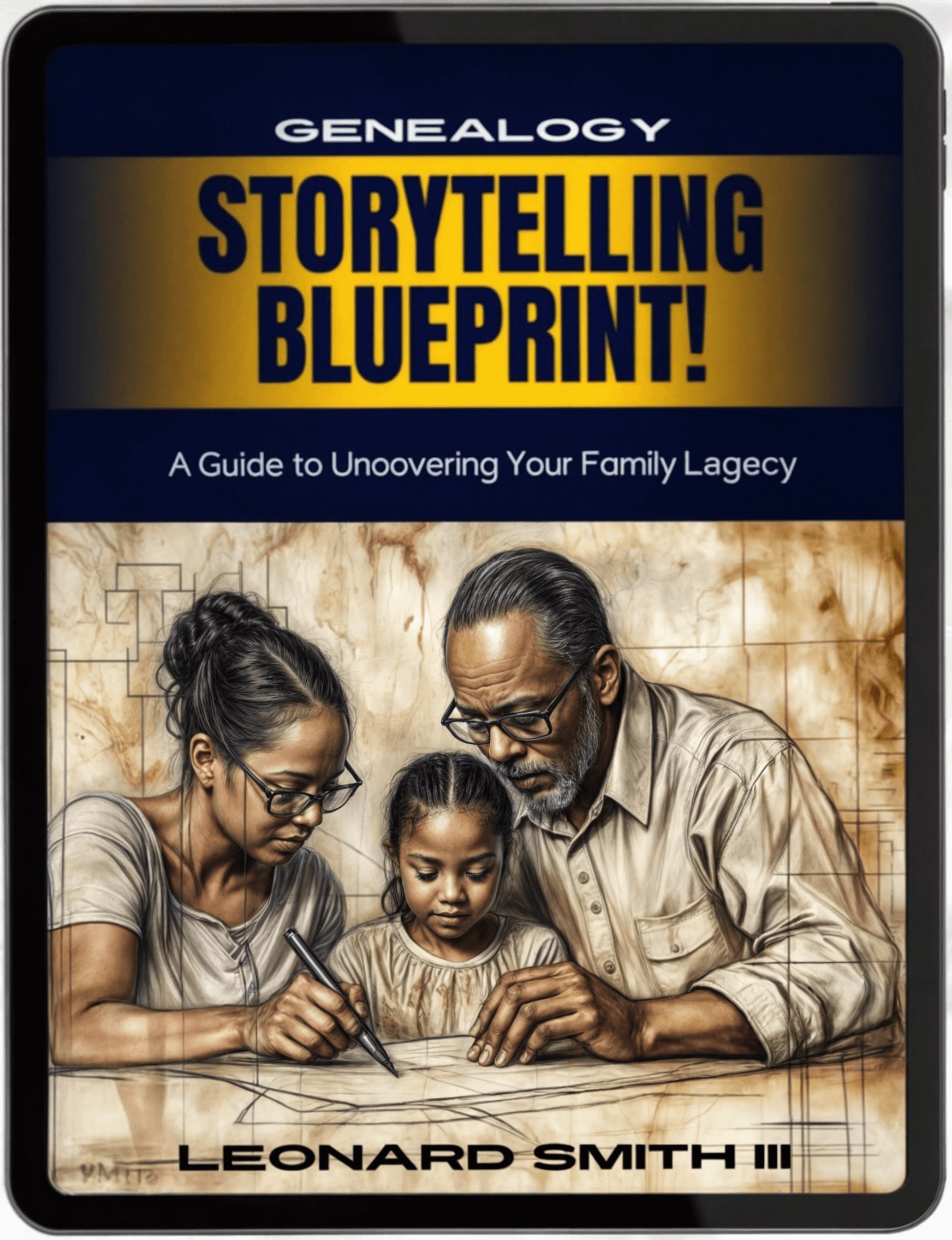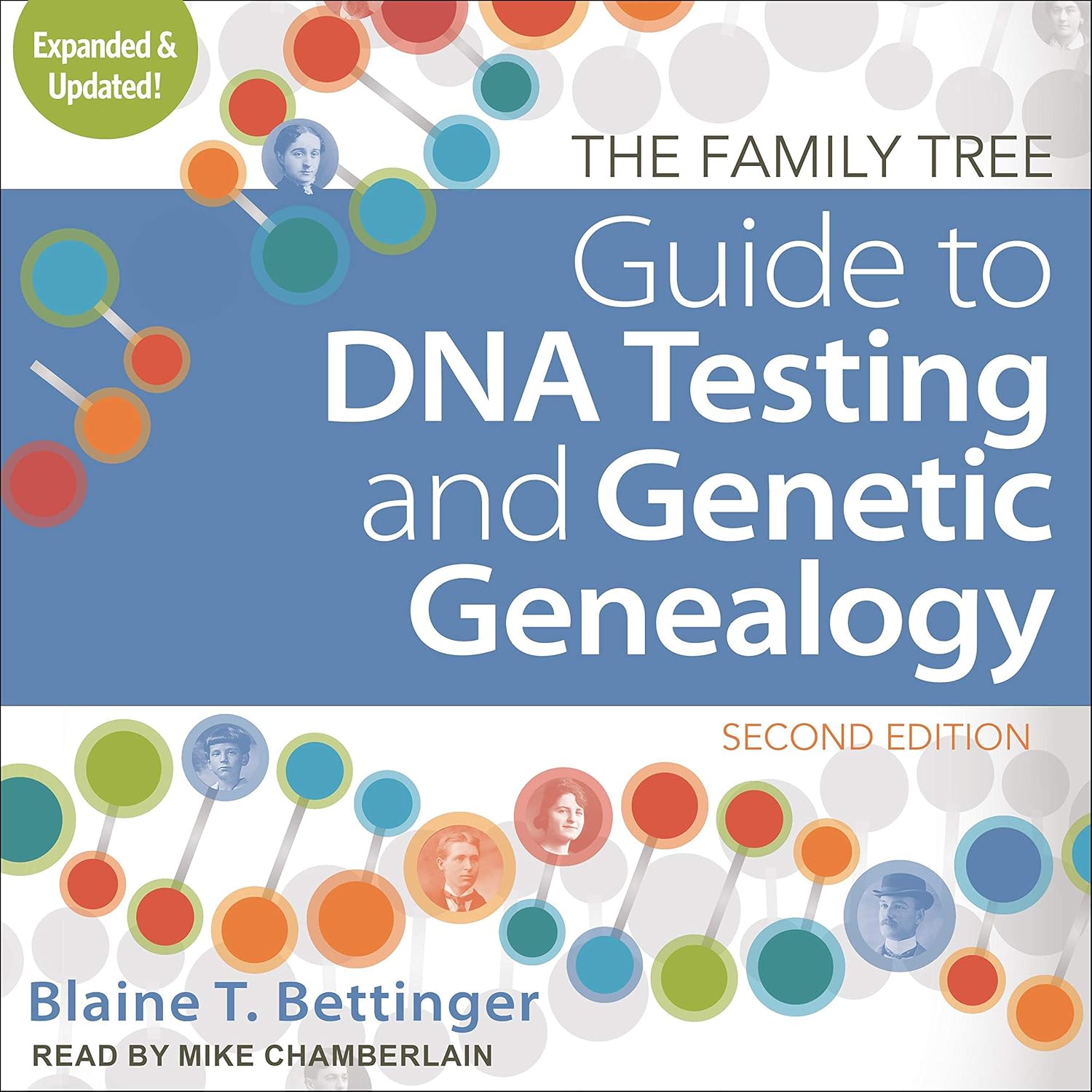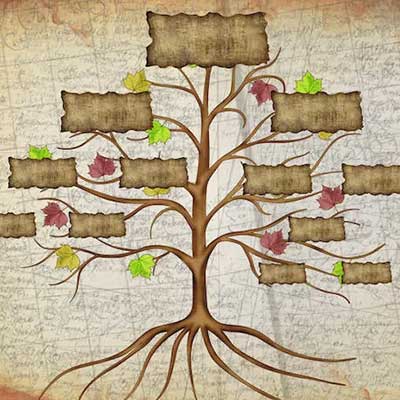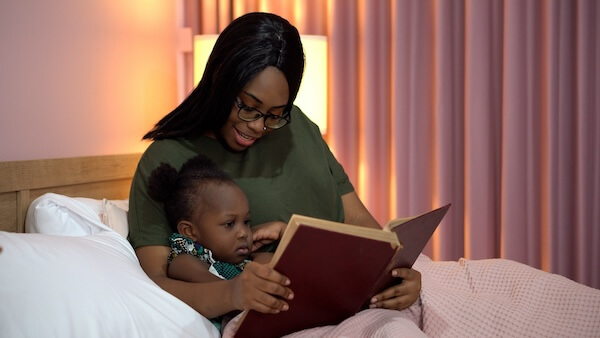- Home
Recording Your Family History
Embark on the rewarding journey of recording your family history. Learn how to preserve memories, trace your roots, and build a legacy for future generations. Discover the tools, techniques, and resources to help you on this exciting journey.
The Significance of Recording Your Family History
Recording family history is a deeply personal and rewarding endeavor. It’s more than a collection of names and dates. It’s a rich tapestry woven from our ancestors’ stories, experiences, and memories. This journey through time allows us to preserve precious memories, build a legacy for future generations, and understand our roots. It’s about appreciating our heritage and gaining insights into our identity and future path.
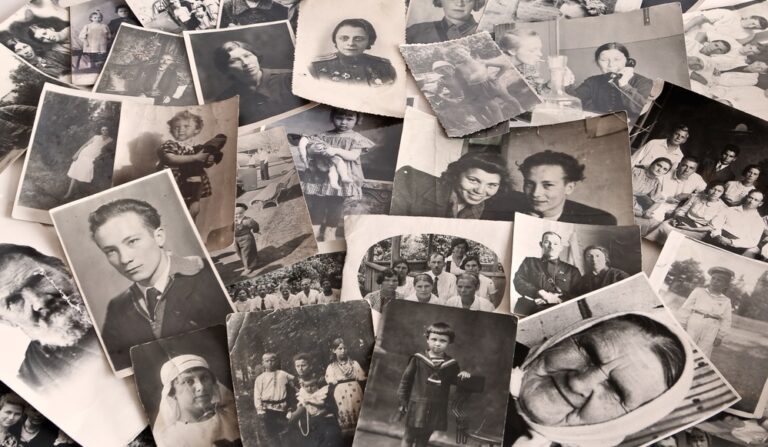
Embarking on recording family history can be an exciting adventure. It’s like being a detective, piecing together clues from the past, uncovering mysteries, and revealing stories that have been forgotten over time. You might discover ancestors who were pioneers, inventors, soldiers, or artists. You might find connections to historical events or uncover family traits and talents passed down through generations. Every family has a unique story; recording it is a way to honor our ancestors and keep their memories alive. It’s a journey that can bring you closer to your roots, help you understand your identity, and give you a sense of belonging.
Preserving Memories: The Heart of Recording Your Family History
Preserving memories is one of the most important aspects of recording your family history. This can be done in many ways, from conducting oral history interviews with older relatives to collecting and digitizing family photos to researching historical records and documents. Oral histories are a precious resource. They capture the voices and stories of our relatives in a way that written records can’t. By recording these interviews through audio, we can preserve the nuances, expressions, and emotions that make these stories come alive. Family artifacts, such as letters, diaries, and heirlooms, are another essential part of our family history. These items provide a tangible link to our past and can often reveal personal stories and details that might not be found in official records.
Building a Legacy for Future Generations
This is also about building a legacy for future generations. The stories, memories, and records we preserve today will become a valuable resource for our descendants. They will provide the following:
- a sense of identity and belonging
- connection to their roots
- a deeper understanding of their family’s history and heritage
In addition, the process of recording your family history can be a meaningful way to bring families closer together. It can spark conversations, inspire curiosity, and create a shared sense of history and identity. It can also be a way to pass on family values, traditions, and wisdom.
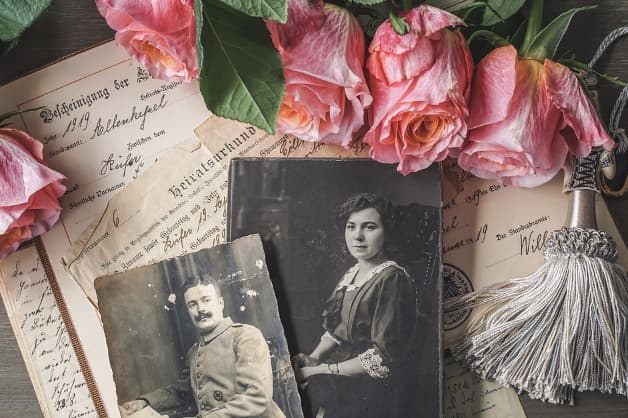
Getting Started
So how do you get started with recording your family history? Here are a few tips:
– Start with what you know: Begin by writing down your memories and stories, and then move on to your parents, grandparents, and other relatives. This can be a great way to start your family history journey.
– Talk to your relatives: Conduct interviews with your older relatives. They can provide firsthand accounts of events and people you may need help finding in written records. These oral histories can be valuable for preserving memories and stories that might otherwise be lost.
– Collect and organize your records: Gather family documents, photos, and artifacts. Could you manage them in a way that makes sense to you, such as by family line or record type? Digitizing these records can help preserve them for future generations and make them easier to share with other family members.
– Research: Use resources like census records, birth and death certificates, and immigration records to fill in the gaps in your family history. Many online resources are available to help with this, including genealogy websites, historical archives, and social media groups dedicated to family history research.
– Record and share your findings: Use a family tree software or website to record your results. These tools can help you visualize your family tree, keep track of your research, and share your discoveries with others. Sharing your family history with your relatives can be a great way to engage them and invite them to contribute their memories and information.
The Art of Interviewing for Family History
Conducting interviews is a crucial part of recording your family history. It’s an opportunity to hear firsthand accounts and stories from your relatives. Here are some tips to help you conduct compelling interviews:
– Prepare a list of questions: Start with broad, open-ended questions and then move on to more specific ones. Starter questions include asking about their childhood, parents, and significant events in their life.
– Be an active listener: Show interest in their stories, ask follow-up questions, and give them time to think and respond. Remember, the goal is to let them share their experiences and memories.
– Record the interviews: Use a digital audio recorder or a smartphone app to record the interviews. You can use this setup for long-distance interviews. You can record interviews through audio, video, or both on your phone or desktop using apps like Zoom or Microsoft Teams. This will allow you to focus on the conversation and ensure you get all the details. Remember to ask for permission before you start recording.
– Respect their comfort level: Some topics might be sensitive or difficult to discuss. Respect their feelings and comfort level, and don’t push if they seem reluctant to discuss specific issues.
Utilizing Resources for Family History Research
There are many resources available to help you with your family history research. These include:
– Family history websites: These sites offer access to a vast array of records, including census records, birth and death certificates, and immigration records. Some also offer tools to help you build your family tree and connect with other researchers.
– Historical societies and archives: These organizations often have collections of local records and histories that can be invaluable in your research.
– Church records: These can include baptism, marriage, and burial records, which can provide valuable information about your ancestors.
– Family history files: These are files you or other family members may have collected over the years. They can include letters, diaries, photos, and other documents.
The Reward of Recording Your Family History
Recording your family history is a rewarding journey through time. It’s a way to preserve memories, honor our ancestors, and create a lasting legacy that can be passed down through generations. It’s a journey that can bring families closer together, inspire curiosity and discovery, and provide a deeper understanding of our roots and heritage. Whether you’re just starting or have been researching your family history for years, remember that every story matters, every memory is precious, and every family has a unique history worth recording. So, record your family history today, and discover the stories, memories, and legacy that make your family unique.
How to Record Your Parents History
When it comes to recording your parents history, there are a few techniques and approaches you can consider:
– Create a dedicated space: Set up a cozy and comfortable environment for your parents to feel relaxed and open to sharing their stories. This could be a quiet corner in their home or a space with sentimental objects that can trigger memories.
– Use guided prompts: Prepare a list of specific questions or prompts to help guide the conversation and ensure you cover essential aspects of their lives. Ask about their childhood home, favorite hobbies, memorable family vacations, or experiences during significant historical events.
Recording Your Life Story
Recording your life story is a beautiful way to reflect on your experiences and leave a legacy for future generations. Consider the following suggestions:
– Explore different formats: Besides writing or journaling, you can explore audio or video recordings to capture your unique voice and personality. Experiment with various mediums to find the one that best suits your style and allows you to express yourself authentically.
– Reflect on life lessons: Share the wisdom you’ve gained. Reflect on the challenges you’ve faced, the decisions you’ve made, and the lessons you’ve learned along the way. These insights can provide guidance and inspiration to your children and grandchildren.
How to Record Grandparents Stories
Preserving your grandparents’ stories is a precious gift for future generations. Consider the following approaches:
– Create a family storytelling tradition: Organize regular storytelling sessions where your grandparents can share their stories in a relaxed and supportive atmosphere. Please encourage them to pass down family traditions, recipes, or cultural practices that can be cherished and carried forward.
– Capture their voices and memories: Utilize technology to record interviews with your grandparents. Voice recorders or smartphone apps can help you capture their stories in their own words, preserving their unique voices and accents.
How to Record Stories for Grandchildren
Recording stories for your grandchildren allows you to create lasting memories and connect with them on a deeper level. Try the following methods:
– Record video messages: Use technology to record or create vlogs for your grandchildren. Share stories, memories, and words of love and encouragement. Your grandchildren will cherish these personal videos as they grow older.
– Write personalized storybooks: Create custom stories featuring tales inspired by your life experiences. Incorporate family traditions, values, and moral lessons into these stories, making them truly special and meaningful for your grandchildren.
How to Document Family Stories
Documenting family stories is a crucial part of preserving your heritage. Consider the following strategies:
– Organize a family archive: Establish a system for organizing and storing family documents, photographs, and heirlooms. Use acid-free archival boxes, photo albums, or digital platforms to protect and preserve these valuable artifacts.
– Engage the whole family: Involve your family members in documenting family stories. Please encourage them to contribute their memories, photographs, and documents. This collaborative effort strengthens bonds and ensures a more comprehensive record of your family’s history.
The key to successfully recording and documenting family stories is to create an open and inviting space for storytelling, utilize technology for capturing voices and visuals, and involve your family members in the process. Preserving these stories creates a legacy that future generations will cherish.
